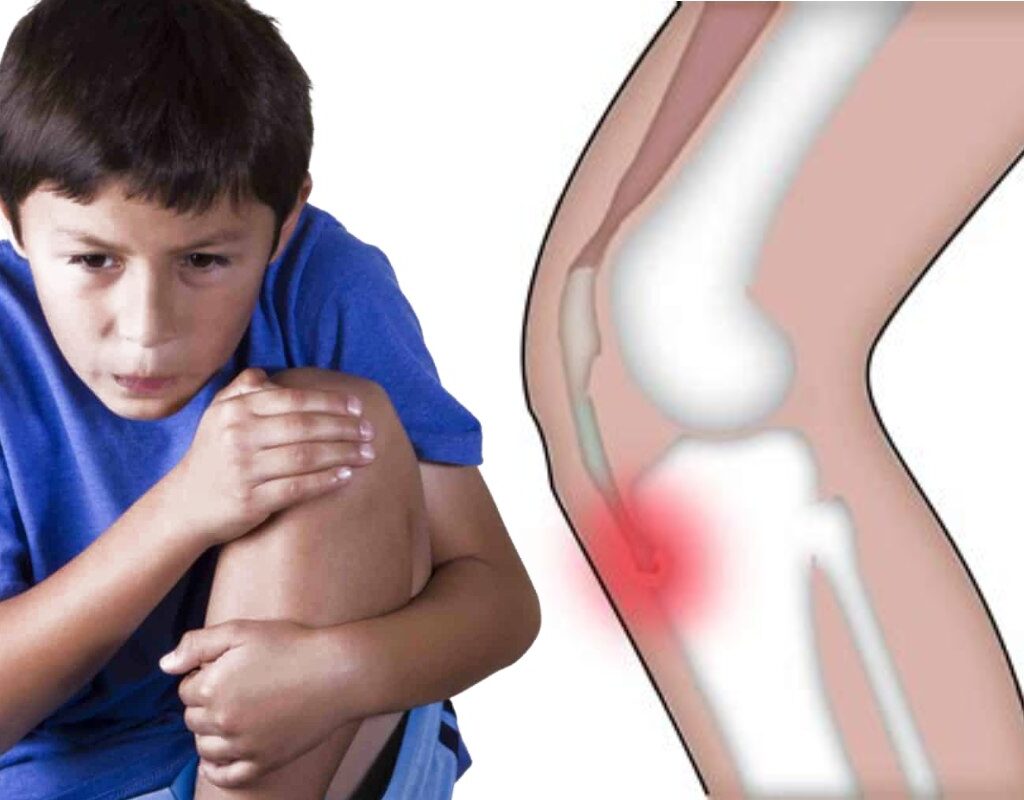Discover the hidden truths behind elderly depression and how emotional biodecoding can offer a transformative solution. In this insightful guide, we’ll reveal the key symptoms to watch for and the holistic treatments that can help restore happiness and well-being in your golden years. Don’t miss out on these essential tips for a brighter, healthier future!
Emotional Biodecoding of Depression: Understanding the Causes and Solutions
It’s Monday morning and the sun is shining brightly today. Mrs. Rosa, a widow since she was 45, leaves her house calmly and confidently because, at 73, she still helps her family. She prepares meals for some and delivers them in containers that never come back.
She bakes cakes and wonderful stuffed bread for her grandchildren, though they don’t always finish them. Every summer, she knits a sweater for her eldest son, who barely uses it in the winter. For her youngest daughter, whom she has supported the most besides taking care of her children, ironing, or doing other household chores, she helps each morning at the family business, a bookstore that sells new and used books.
When no one is around, Rosa takes the opportunity to read the first few pages of many books. She is in charge of the cash register and tracking inventory while her daughter works at the municipal library.
According to biodecoding, depression is understood as a result of unresolved emotional conflicts. In Rosa’s case, her life has revolved around her family and the family bookstore. This sense of purpose has been disrupted by changes in her environment, especially the loss of her role in the bookstore.
Family Changes and Their Impact on Mental Health
Six years ago, Rosa was told she no longer needed to come to the bookstore in the afternoons and that she could take her granddaughter to extracurricular activities while her daughter and son-in-law ran the business. Her youngest granddaughter went off to college and a few months ago, they told her she didn’t need to come in the mornings anymore because her son-in-law lost his job and could handle the business alone.
Feeling displaced, Rosa continues to visit the bookstore but increasingly feels her presence is unwelcome. She can’t even open the books because of disapproving looks. At 76, Rosa feels sadder every day. She visits the doctor, who diagnoses her with depression and refers her to a psychiatrist who prescribes pills, promising that “happiness” will return in a few days.
The Territory Conflict and Its Emotional Impact
What happened to this woman that led her to depression at 76?
Her life has found meaning through others. It is difficult for her to accept that each family member is very grateful, but they all have their own lives. Rosa has lost her sense of purpose and, above all, has lost the territory she considered her own. She has lost “her bookstore,” the chance to read even 3-4 pages, to feel useful by helping her daughter pay the mortgage. She no longer occupies the space behind the counter and the cash register, which is now occupied by someone else.
In biodecoding, this is called a territory conflict. This conflict affects people who live from a masculine polarity and helps manage the basic needs of a space or property to develop in it. When a right-handed postmenopausal woman experiences conflicts of loss of territory (coronary arteries) or not being chosen or not belonging (coronary veins), she shows symptoms of depression.
The Role of Emotional Conflicts in Depression
Rosa’s depression is not simply a result of biological or chemical imbalances. As Robert Whitaker explains in his book Anatomy of an Epidemic, many mental pathologies do not have a biological substrate as they are not due to neurotransmitter failures, so they are not “fixed” with drugs.
This approach highlights the importance of understanding and addressing the underlying emotional conflicts. In Rosa’s case, her sense of purpose has been closely tied to serving and supporting her family and her role in the bookstore. Losing these roles has led to a significant loss of purpose and belonging.
The Need to Redefine the Sense of Purpose
We can learn to see life as it is, as we have created it, or continue to assign the cause of our ailments to external factors. In Rosa’s case, what sense did her life have since she was widowed? What place did her personal needs occupy? To what space did she relegate her life mission?
Living and working for others was the only thing that gave meaning to her existence. Today, when her actions have less impact on the lives of others and she has lost her territory, Rosa faces a deep existential crisis.
Her case adds to the list of professionals who favor medication, moving further away from the decision to live in the present, accepting it as it is and deciding whether other territories will give meaning to her life or if her life without territory is still worth living.
How to Overcome the Loss of Territory and Redefine Purpose
Overcoming the loss of territory and redefining the sense of purpose is essential to managing depression, especially in the elderly. Emotional biodecoding offers tools to understand and heal these internal conflicts. Identifying and confronting these conflicts can be a first step toward recovery.
For Rosa, finding new ways to feel useful and valued could be crucial. Getting involved in activities she is passionate about, seeking new social relationships and setting personal goals can help her find a new sense of purpose.
The Importance of a Holistic Approach to Treating Depression
Rosa’s story highlights the need for a holistic approach to treating depression. Medications can be helpful, but they should not be the only solution. Understanding and addressing emotional and territory conflicts is crucial for complete recovery.
Mental health professionals should work with patients to explore and resolve these conflicts. Therapy, social support and meaningful activities can complement medical treatment and provide a more comprehensive and lasting solution.
Conclusion: The Decision to Live in the Present
Rosa, like many other older adults, faces the challenge of redefining her sense of purpose at a stage where roles and relationships change significantly. Emotional biodecoding offers a valuable perspective for understanding and healing the underlying conflicts that contribute to depression.
It is crucial for Rosa and others in her situation to make conscious decisions to live in the present, recognizing their personal needs and seeking new territories that give meaning to their lives. Rosa’s story reminds us of the importance of addressing mental health holistically, recognizing the complexity of the emotional and territorial factors at play.
In summary, depression is not just a biological issue; it is a manifestation of deep internal conflicts. Addressing these conflicts is essential for true healing and finding a full and meaningful life, regardless of age.
With information from Angeles Wolder




